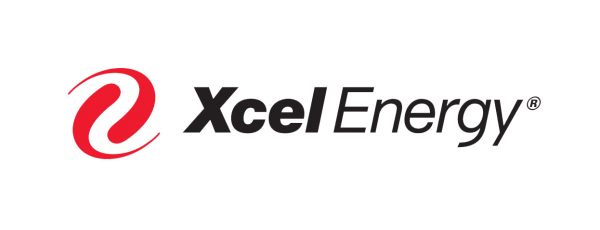Most of us use petroleum gasoline or diesel fuels in our cars and trucks, but those aren’t the only ones available for our use. A growing number of other fuels are becoming more common. Most of us are familiar with ethanol, since it’s used as an additive in regular gasoline to help it burn cleaner. Many gasoline brands in Minnesota contain 10% ethanol. Some cars are now available as “flexible-fuel vehicles” (also known as FFVs). These cars have been manufactured with higher-quality engine components, which enable them to run on gasoline-ethanol blends that contain up to 85% ethanol (commercially sold as E85). Also available are diesel fuels made from plant oils, which are commonly called biodiesel. Biodiesel can be used in cars and trucks with conventional diesel engines and is frequently sold as a mixture of 20% biodiesel and 80% petroleum diesel fuel called B20.
Biodiesel and ethanol are known as renewable fuels because they are manufactured from plants instead of petroleum. In Minnesota, ethanol is primarily made from corn, although it can also be made from sugar cane or wheat. Biodiesel is primarily made using soybean oil, although it can also be made from hemp oil or even leftover vegetable oils from your local restaurant. Using renewable fuels reduces our dependence on fossil fuels made from crude oil as well as strengthens markets for local farmers. In addition, E85 is environmentally friendly. It has the highest oxygen content of any fuel available today, making it burn more completely (cleaner) than gasoline. E85 contains 80% less gum-forming compounds, like the olefins found in gasoline. The production and use of E85 results in a 35% reduction in greenhouse gas emissions. The use of biodiesel in a conventional diesel engine results in substantial reduction of unburned hydrocarbons, carbon monoxide and particulate matter.
There are also cleaner brands of petroleum gasoline available. The most common of these is a low-sulfur gasoline sold under the trade name Blue Planet. The use of Blue Planet reduces sulfur dioxide, oxides of nitrogen, non-methane hydrocarbons and carbon monoxide emissions. Higher sulfur gasoline can “poison” your car’s catalytic converter and increase tailpipe pollution.
Less common are vehicles that can run on compressed natural gas (CNG) or propane (LPG). Neither of these fuels are readily available to the general public in Minnesota, they are primarily used by government agency or private business fleets. Propane is powering taxis in Las Vegas; school buses in Kansas City and Portland, Oregon; sheriff and police cars in other communities; and in dozens of fleets around California. Approximately 40,000 propane-powered cars are being used in California. While not renewable, these fuels do burn much cleaner than conventional gasoline or diesel. They are more popular in areas that have concerns about air quality.
Still under development are cars fueled by hydrogen. Fuel cells use hydrogen to generate electricity. A major benefit of this technology is its virtually pollution-free. The only by-product created is water. The biggest obstacle is logistics. A system for distribution of hydrogen as a transportation fuel does not exist. Because of this, fuel cell vehicles are likely to be more popular as fleet vehicles, where it’s easier to set up private distribution networks. All that said, however, hydrogen fuel cells are currently powering some public buses in cities, such as Chicago and Vancouver, Canada.
| What You Can Do
* If you are happy with the car you have, you could purchase Blue Planet low-sulfur gasoline to help clean our air. Blue Planet also helps your car’s performance by reducing sulfur fouling of the catalytic converter. Blue Planet is available at participating Holiday Station Stores in Minnesota. * If you’re thinking of buying a new car, consider buying a flexible-fuel vehicle (FFV). Ford, Chrysler/Dodge/Plymouth, GM and Mazda all offer FFV minivans or light trucks. Ford also offers a FFV version of the Taurus sedan. Ask your local car dealership about FFV options available to you. * Lobby for your state and local government agencies or for your local school board or public transportation provider to use alternative-fuel vehicles (AFVs) in their fleets. Fuels like biodiesel require no major engine modifications and often improve vehicle performance in addition to reducing air pollution. |
American Lung Association of Minnesota State Headquarters
490 Concordia Ave.
St. Paul, MN 651-227-8014
Email: info@alamn.org
Minnesota Pollution Control Agency
520 Lafayette Rd.
St. Paul, MN 651-296-6300







